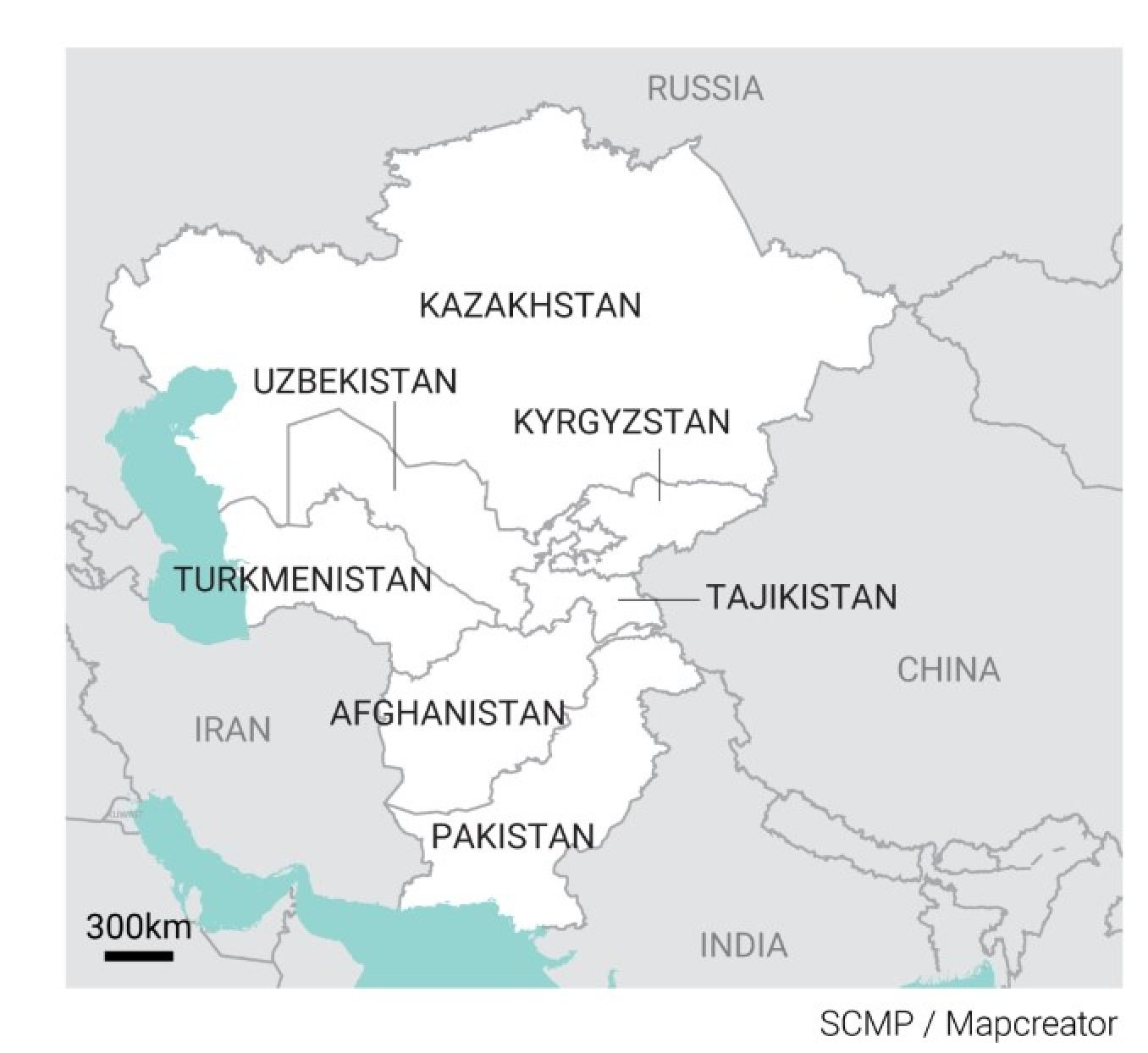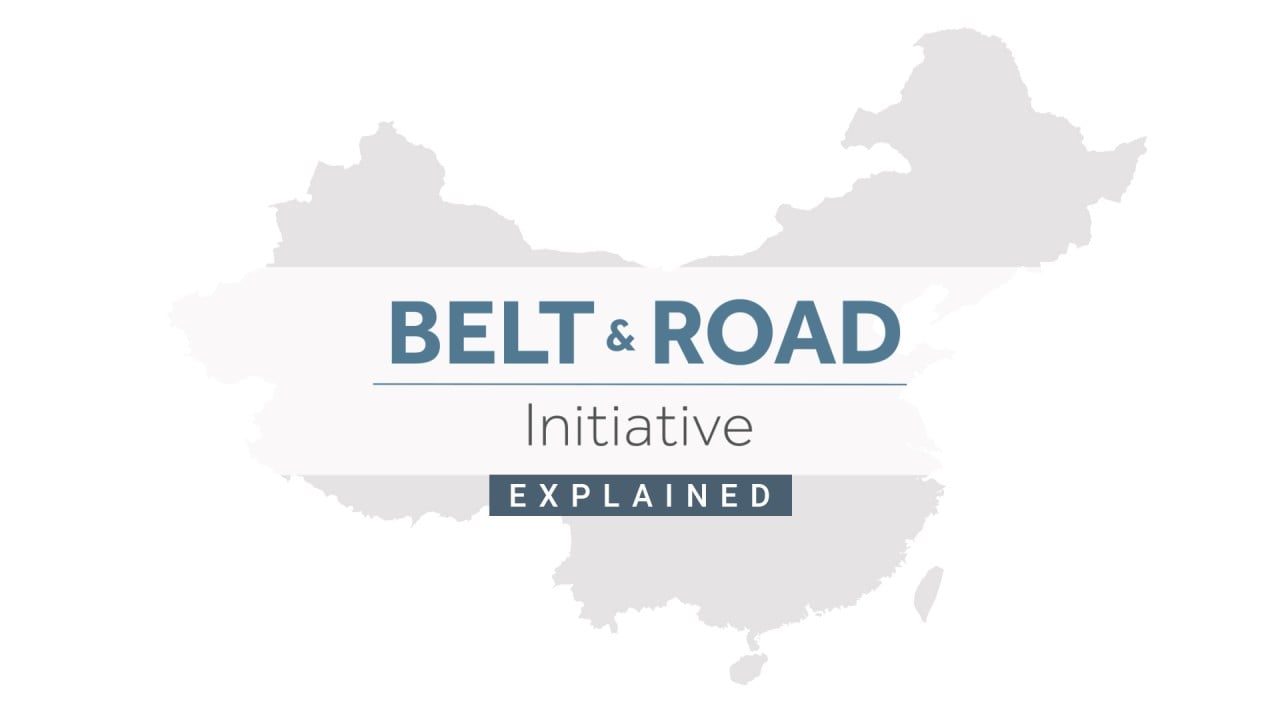
How China and Iran could find more common ground – in Afghanistan
- Both China and Iran have long-term interests in Afghanistan, but while Beijing has been a cautious actor, Tehran has been clear-eyed and proactive
- Given the scope of China’s Belt and Road Initiative, it would do well to endorse Tehran’s moves in and around Afghanistan
Recent developments suggest that Iran is developing a hands-on strategy towards Afghanistan that could ease the way for China, a cautious and reluctant actor when it comes to involvement in unstable states, to begin tangible work on its Afghan interests.
Despite the sectarian bad blood between Iran and the Taliban in the 1990s, the former portrays the fall of Kabul to the latter as a historic defeat for the US and has not hidden its aim of working with the Taliban regime.
Thus, Iran’s Afghan policy encapsulates damage control and threat containment but also envisions a scenario whereby Afghanistan’s political and economic future is tied to Eastern/Eurasian integration processes, which essentially means integration with the Belt and Road Initiative.
Importantly, Iran’s recent moves in the broader Central Asia-Afghanistan region suggest that it is serious about these plans and is not treating them as simply ink on paper.
After each of the visits, which focused heavily on largely landlocked Central Asia’s access to maritime trade routes via Iranian ports, Raisi cited shared security concerns on Afghanistan as a top agenda item.
Moreover, Iran opened a drone factory in Tajikistan in May, giving it a strategic presence near the northern reaches of Afghanistan, bordering Tajikistan. Dushanbe’s tensions with the Pashtun Taliban over its treatment of Tajiks in northern Afghanistan, coupled with the “Persian solidarity” branding of the Iranian-Tajikistan entente, make it clear that Tehran is reserving options to pressure the Taliban if it does not satisfy its regional neighbourhood’s security concerns.

Iran also has a central role in trade routes like the International North-South Transport Corridor (INSTC), which aim to incorporate Afghanistan once (and if) it stabilises.
The INSTC connects India to Iran’s Gulf of Oman ports and then proceeds by land to northern Europe after crossing Azerbaijan and Russia, while an eastern spur connects Iran’s Chabahar Port to Afghanistan by rail, and Tehran wants to extend it to Tajikistan, Kyrgyzstan and China.
Overall, Iran’s Afghan strategy has clarity in terms of the broader outcomes it is pursuing, its methods of influencing the Taliban’s conduct and its regional scope.
This makes it stand out somewhat in the region, as Pakistan’s inability to force the Taliban to eradicate anti-Pakistani terrorist organisations exposes its weak hand in Afghanistan while the Central Asian states need to be led by countries like Iran itself to consider regional integration with Afghanistan.
Agha Hussain is an independent geopolitical analyst in Rawalpindi with a special focus on Eurasian affairs



